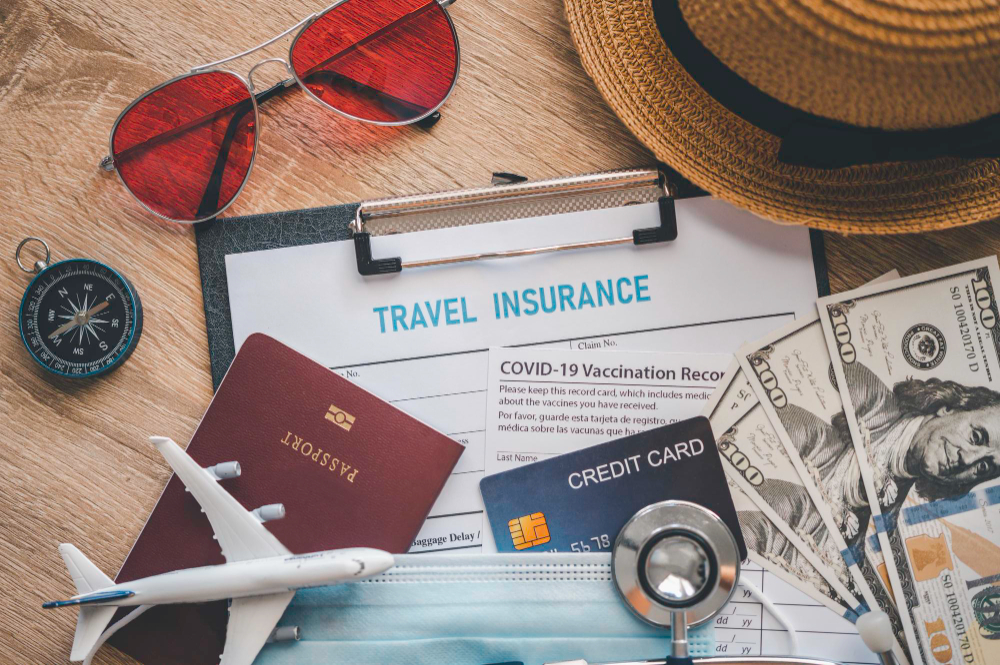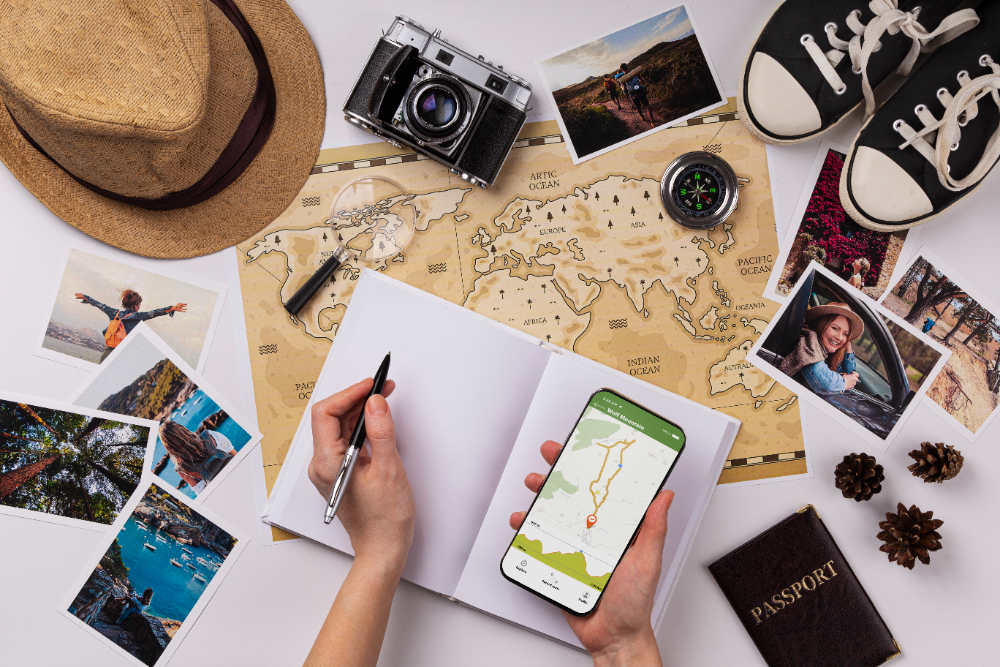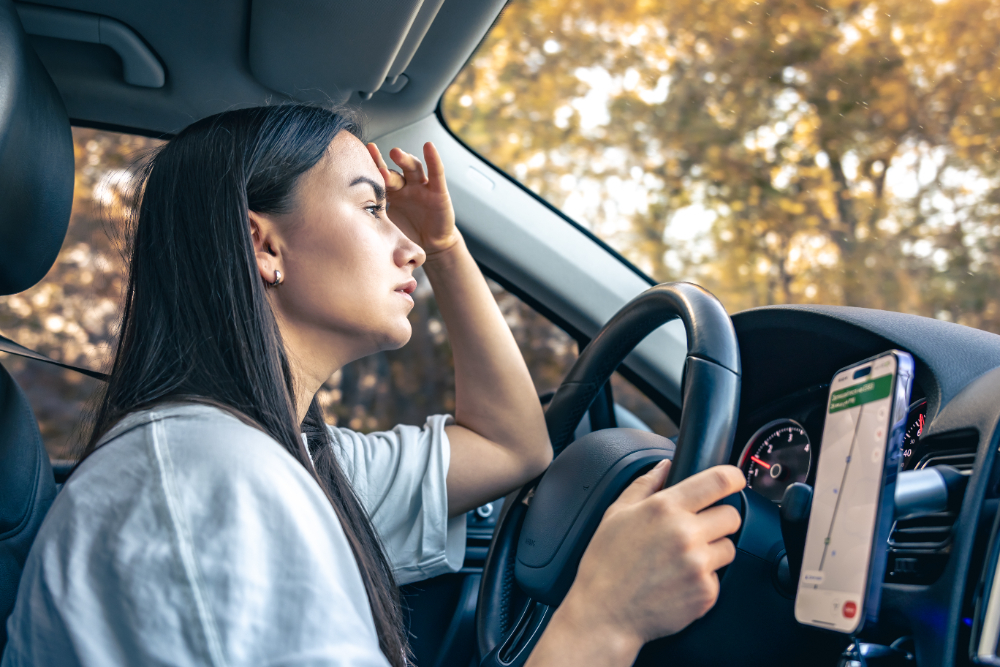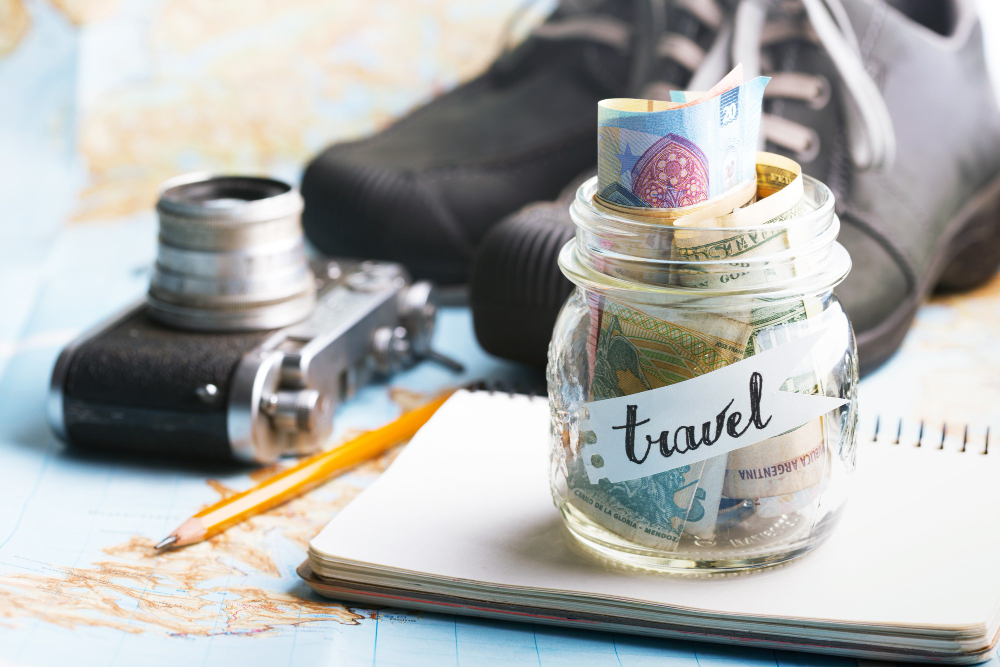Avoid these common travel blunders to stay safe, save money, and protect your sanity.

Traveling can be exhilarating, but one wrong move can turn your dream trip into a nightmare. From health hazards to legal troubles, the consequences of certain mistakes can be disastrous—or even deadly. Awareness and preparation are your best defense against these perils.
In this article, we’ll reveal the 13 deadliest mistakes travelers make and show you how to avoid them so you can enjoy a safe and stress-free journey.
1. Skipping travel insurance could leave you helpless in an emergency.

Travel insurance might seem like an unnecessary cost, but without it, a medical emergency, trip cancellation, or unexpected disaster can leave you stranded and financially drained. Imagine breaking a leg while hiking abroad or losing your luggage in transit—without insurance, you’re left to handle the bills and logistics alone. Travel insurance covers medical expenses, lost belongings, and even emergency evacuations. Before departing, compare policies to find one that matches your needs and destination for true peace of mind.
2. Ignoring local laws and customs can lead to trouble or arrest.

Disregarding local laws and customs can result in heavy fines, detention, or even imprisonment. Simple actions like chewing gum in Singapore, public displays of affection in conservative countries, or improper dress near religious sites can offend locals or break laws. Always research your destination’s rules and cultural norms ahead of time. Respecting customs not only keeps you out of trouble but also fosters positive connections with locals and ensures a more enriching travel experience.
3. Overpacking could exhaust you and cost you extra fees.

Overpacking can turn an otherwise enjoyable trip into a logistical nightmare. Heavy suitcases result in airline fees, and lugging them through crowded streets or up flights of stairs can sap your energy. Additionally, you may not even use half the items you bring, leaving you to manage unnecessary bulk. Instead, pack only versatile clothing and essential items. Roll clothes to save space, use packing cubes for organization, and leave room for souvenirs. Traveling light keeps you mobile and stress-free.
4. Failing to secure valuables can make you an easy target for theft.

Unsecured valuables are a magnet for thieves, especially in busy tourist hubs or budget accommodations. Pickpockets and opportunists look for easy targets, such as travelers distracted by their surroundings. Always store your valuables, including passports and electronics, in secure, anti-theft bags with lockable zippers. Use hotel safes when available, but keep critical items like your ID and cash on your person. Staying vigilant and prepared can save you from financial loss and travel interruptions.
5. Drinking tap water in unsafe areas could land you in the hospital.

Drinking tap water in regions with poor sanitation can result in illnesses ranging from mild discomfort to severe, life-threatening infections. Even ice cubes and raw foods washed with unsafe water can pose risks. To stay healthy, stick to sealed bottled water or use portable filters. In restaurants, prioritize cooked meals and avoid salads or unpeeled fruits. By taking these precautions, you protect yourself from dehydration, extended hospital stays, and missed opportunities to enjoy your trip.
6. Neglecting to check travel advisories could put you in harm’s way.

Failing to review travel advisories can expose you to avoidable dangers like political unrest, natural disasters, or health epidemics. Governments issue these warnings to help travelers make informed decisions, yet many ignore them in their eagerness to explore. Before booking your trip, visit official websites to check for risks in your destination. Staying informed helps you plan alternative routes, avoid high-risk areas, and prepare for challenges, ensuring your journey is safe and stress-free.
7. Not researching health requirements can leave you vulnerable to disease.

Skipping research on a destination’s health requirements can lead to preventable illnesses. Some regions require specific vaccinations, such as yellow fever, while others may pose risks of diseases like malaria or Zika. Without the right precautions, you could fall seriously ill during your trip. Consult a travel clinic weeks before departure to understand health risks and receive necessary vaccines or medications. Protecting your health ensures you’ll fully enjoy your travels without unnecessary interruptions.
8. Leaving your itinerary unshared could delay help in an emergency.

Failing to share your travel plans with someone you trust leaves you vulnerable in case of an emergency. If you go missing, your loved ones won’t know where to start looking or how to assist you. Provide a copy of your itinerary, including flight details, accommodations, and planned activities, to a close friend or family member. Regularly check in during your trip to keep them updated. Taking this step ensures faster responses and support if something goes wrong.
9. Overlooking travel scams can cost you time and money.

Tourists are prime targets for scams, ranging from overpriced tours to fake emergencies designed to solicit money. Falling victim can result in financial losses, ruined plans, and shaken confidence. Learn about common scams in your destination before traveling, and always verify the authenticity of services and products. Trust your instincts, avoid unsolicited offers, and keep cash or valuables in secure places. With a little caution, you can protect yourself from dishonest individuals and enjoy a smoother journey.
10. Being overly reliant on technology could leave you stranded.

Relying solely on technology, like smartphone maps or translation apps, can backfire if your device dies or you lose internet access. These situations can leave you lost, unable to communicate, or without access to critical information. Always carry a physical backup, such as printed maps, local emergency numbers, and key addresses. Familiarize yourself with your destination beforehand to reduce reliance on electronics. A blend of tech-savvy and old-school preparation ensures you stay informed and connected at all times.
11. Driving abroad without understanding local rules can cause accidents.

Driving in a foreign country without understanding local traffic laws, signage, or road conditions can lead to dangerous accidents or hefty fines. Each country has unique regulations, such as driving on the left side of the road or requiring international driver’s permits. Research local driving laws before renting a vehicle, and ensure your travel insurance covers accidents. Familiarizing yourself with the rules will keep you and other road users safe while avoiding costly mistakes.
12. Mismanaging your travel budget could leave you broke mid-trip.

Failing to plan your budget can result in running out of funds before your trip ends. Overspending on luxuries, underestimating costs, or ignoring exchange rates can leave you in financial trouble. Create a detailed travel budget, including daily expenses, emergencies, and extra fees. Use apps to track spending, and always carry multiple payment methods, such as cash and credit cards, for flexibility. By managing your finances wisely, you’ll avoid financial stress and enjoy your trip worry-free.
13. Failing to respect nature and wildlife could lead to serious injury.

Disregarding safety guidelines in natural environments or around wildlife can result in life-threatening situations. Feeding animals, venturing off trails, or ignoring warning signs can provoke attacks or accidents. Research safety protocols for outdoor activities, such as hiking or snorkeling, and always follow the advice of guides or experts. Respecting nature and wildlife not only preserves ecosystems but also keeps you safe, ensuring your adventures are both thrilling and secure.
